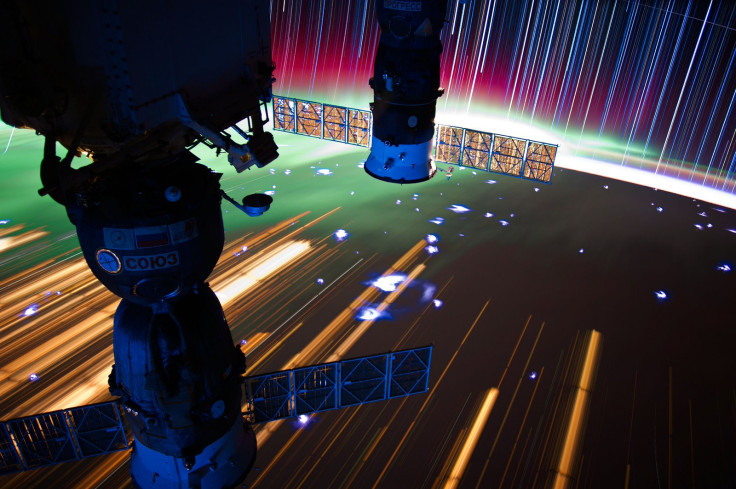ISS: Nasa says 'no ammonia leak confirmed' on board space station as crew follow 'safety procedures'

Nasa has said there was no ammonia leak on board the International Space Station, despite reports stating otherwise.
Astronauts evacuated the US sector of the ISS and took refuge in the Russian area of the ship following a suspected leak, Russia Today reported.
However, Nasa has now said there was no danger: "Crew is safe. No ammonia leak confirmed. Crew responded to coolant loop pressure increases," it said in a tweet. "Crew is following safety procedures while assessments continue."
Ammonia is used on board the ISS to cool the stations power system that provide electricity to the station systems. Leaks have been reported in the past, notably in 2013 when ammonia was reported from the US side.
The space agency is expected to issue a statement about what happened shortly.
"The Exp42 crew members are safe inside the Russian segment of the ISS following an alarm in the U.S. segment at about 4am EST. ISS flight controllers are not sure if the alarm was triggered by a pressure spike, a faulty sensor, or a problem in a computer relay box."
In a Facebook post, Nasa said: "Flight controllers in Mission Control at NASA's Johnson Space Center in Houston saw an increase in pressure in the station's water loop for thermal control system B then later saw a cabin pressure increase that could be indicative of an ammonia leak in the worst case scenario.
"Acting conservatively to protect for the worst case scenario, the crew was directed to isolate themselves in the Russian segment while the teams are evaluating the situation. Non-essential equipment in the U.S. segment of the station was also powered down per the procedures.
"Flight controllers [are] analysing their data but said it is not yet known if the alarm was actually triggered by a leak or whether the situation was caused by a faulty sensor or by a problem in a computer relay box that sends data and commands to various systems on the station."
Maksim Matyushin, head of the Russian Mission Control Centre, said: "The safety of the crew has been secured by prompt joint action by the US and Russian crewmembers, as well as by mission control staff in Moscow and Houston."
© Copyright IBTimes 2024. All rights reserved.






